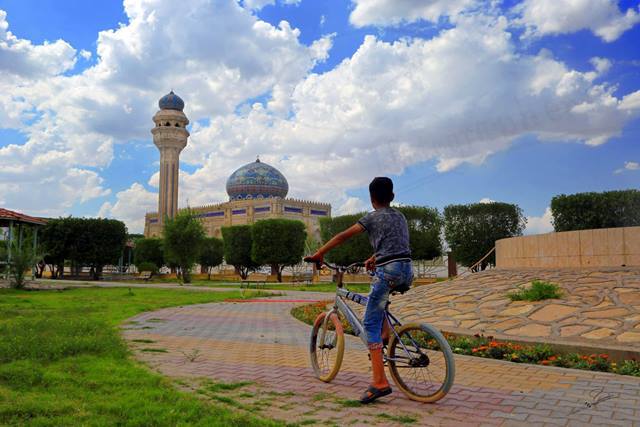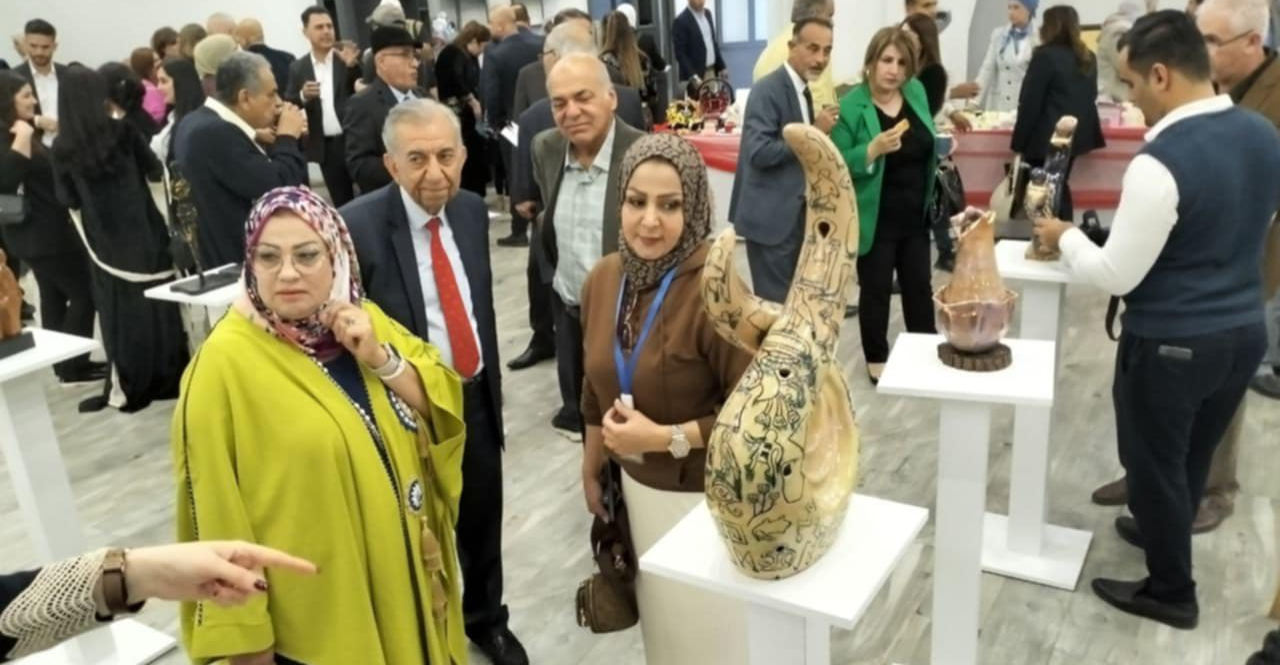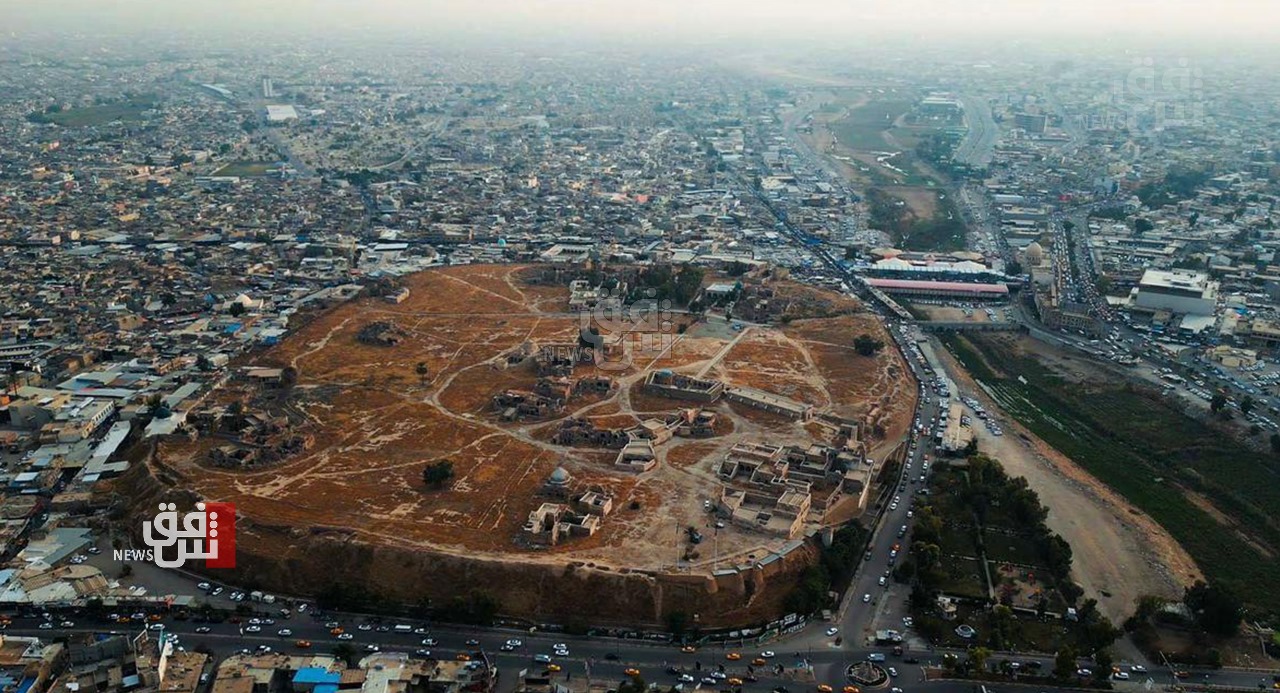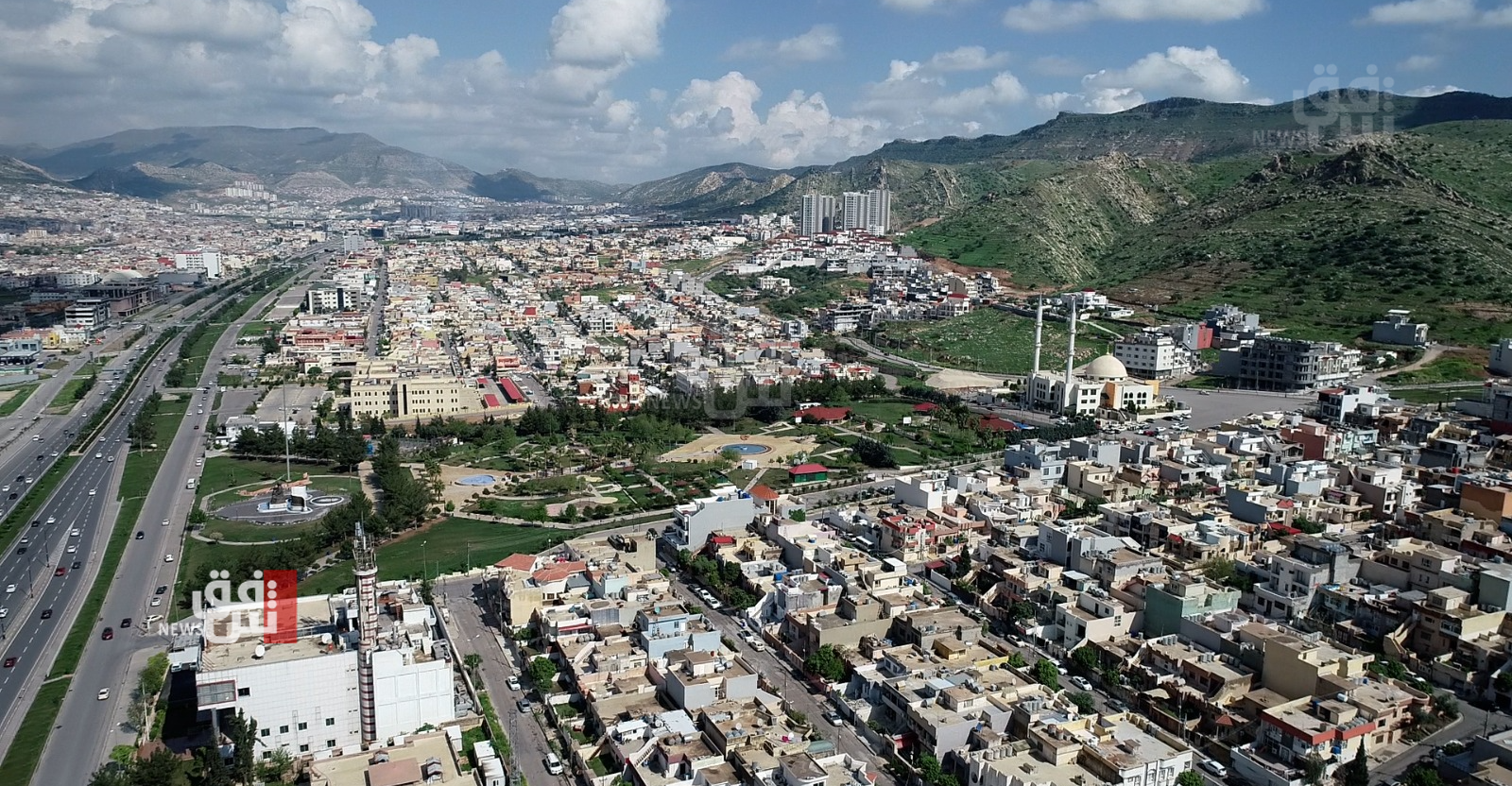Sunni leaders push for self-governing region in Iraq as sectarian tensions rise

Shafaq News/ Sunni leaders in Iraq areintensifying efforts to establish a self-governing Sunni region amid risingsectarian tensions and political fragmentation.
According toa report from The Media Line, this renewed push follows the appointment of Raadal-Sulaiman al-Dulaimi, a prominent tribal figure. Al-Dulaimi plans to host asignificant conference in September in Anbar Governorate to discuss theproposal. The Media Line reported that the conference will draw representativesfrom Sunni-majority governorates, including Al-Anbar, Nineveh, Diyala, and Saladin.
Historically,calls for a Sunni self-governing region have surfaced periodically,particularly since the sectarian violence of 2006. However, these efforts havestruggled to gain traction due to a complex mix of internal and externalfactors. The Media Line highlighted that this latest initiative, spearheaded bySunni politician Thaer al-Bayati, the secretary-general of the Arab TribalCouncil and founder of the Iraqi Salvation Front, seeks to capitalize on thecurrent political climate.
The MediaLine's report indicated a deep divide among Sunni politicians regarding thepush for federalism. Some support the move, while others oppose it based onpolitical affiliations. Sunni tribes, particularly influential ones in theSunni provinces, are backing the call for a region. In contrast, politiciansallied with Shiite forces and those connected with the Turkish-backed MuslimBrotherhood movement have rejected the idea.
Article 119of the Iraqi Constitution, as noted by The Media Line, allows for the formationof regions through a referendum. This can be initiated either by one-third ofthe provincial council members or by one-tenth of the voters in the provincesseeking to form a region. Despite this constitutional provision, previousattempts, such as the proposed Basra region, were unsuccessful.
Ifestablished, the proposed Sunni region would encompass 50% of Iraq'sgeographical area and border Saudi Arabia, Jordan, and Syria. It would be hometo approximately 11 million people, or about a quarter of Iraq's population.Historically, the governorates involved—Anbar, Saladin, Nineveh, andDiyala—were known as the Sunni Triangle and were volatile areas with significantinsurgent activity.
The Iraqigovernment has not yet commented officially on the recent calls for a Sunniregion or the upcoming September conference. Muwaffaq al-Sulaiman, a member ofthe Sunni Regional Conference organizing committee, emphasized to The MediaLine, "We seek freedom. The Shiite parties have largely marginalized theSunnis in Iraq, do not give them their rights, and take most of the budget forthe Shiite provinces." He added, "We do not want to separate fromIraq; it's only a region similar to the Kurdistan Region, where we governourselves."
Al-Sulaimanalso highlighted the economic potential of the region, stating to The MediaLine, "In Anbar, Saladin, Diyala, and Nineveh, there are many benefits,whether oil, agriculture, tourism, and other minerals, trade, and others. Wewill be the ones who manage these resources." He criticized the federalbudget distribution and external interference, noting, "Iran does not wanta Sunni region. It will lose its way to Syria."
Oppositionto the initiative is strong. Jaafar al-Mandani, an Iraqi Shiite politician,asserted to The Media Line, "The attempts to establish a region are beingcarried out under Israeli and American orders. They want to divide Iraq, andthe Sunnis do not agree to that." He dismissed the notion of additionalregions, stating, "There is only one region, the Kurdistan Region. Therest is unacceptable."
Politicalanalyst Ahmed al-Hammani voiced skepticism about the feasibility of the Sunniregion, as reported by The Media Line. "The Sunnis themselves are divided.There will be no Sunni region. There will be disagreements over leadership andwho will assume the presidency of the region," he said.
A sourcewithin the ruling Coordination Framework in Iraq, who chose to remain anonymous,described the push for a Sunni region as a maneuver to extract additionalbudgetary allocations rather than a genuine attempt at self-governance. Thesource told The Media Line, "The establishment of a Sunni region in Iraqis unacceptable, and it is not even being discussed behind closed doors."
Omaral-Dulaimi, an Iraqi political activist, framed the initiative as a protectivemeasure. He told The Media Line, "The establishment of the region is anattempt to save what is left of the Sunnis in Iraq and protect them from theShiite tide," referencing alleged sectarian practices by Iranian-backed forces.




